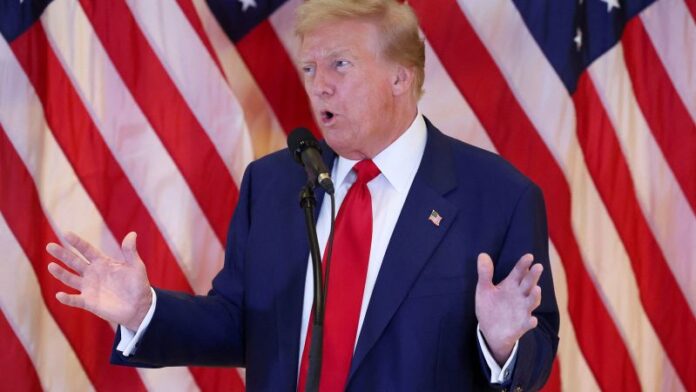Key Falsehoods or Claims:
In the article “Why South Africa Is Torn Over the Trump-Ramaphosa Showdown” from Time Magazine, the main falsehoods or claims are related to President Trump’s statements on South Africa’s land reform policies. Trump claimed that white farmers in South Africa were being targeted and killed, and he suggested that the US might intervene in the issue. These claims have been widely debunked by experts and fact-checkers, as there is no evidence to support the idea of a “white genocide” in South Africa.
Source Bias:
Time Magazine is generally considered a reputable and neutral outlet, known for its objective reporting. The information presented in the article can be considered reliable and unbiased.
Analysis of Falsehoods’ Impact on Public Opinion:
The falsehoods propagated by President Trump have the potential to shape public opinion by spreading misinformation about South Africa’s land reform policies and the situation of white farmers. This can lead to a misinformed view of the issue and could potentially influence public sentiment towards South Africa, as well as US foreign policy towards the country.
Threat to Democracy:
The spread of falsehoods and conspiracy theories by political leaders poses a significant threat to democracy by undermining the public’s trust in factual information and distorting the discourse around important issues. It can also lead to policy decisions based on misinformation rather than evidence-based analysis.
Hypothetical Public Reactions:
Hypothetically, the spread of these falsehoods could lead to increased support for interventionist policies in South Africa, or it could influence public opinion towards the country in a negative way. It could also potentially influence voter behavior if the issue becomes a focal point in political discourse.
Further Reading:
For further reading on the topic of media influence and misinformation studies, reputable sources such as the Pew Research Center, Columbia Journalism Review, and Harvard’s Shorenstein Center on Media, Politics and Public Policy can provide valuable insights into the impact of falsehoods and conspiracy theories on public opinion and democracy.
Source link
Redirect URL
